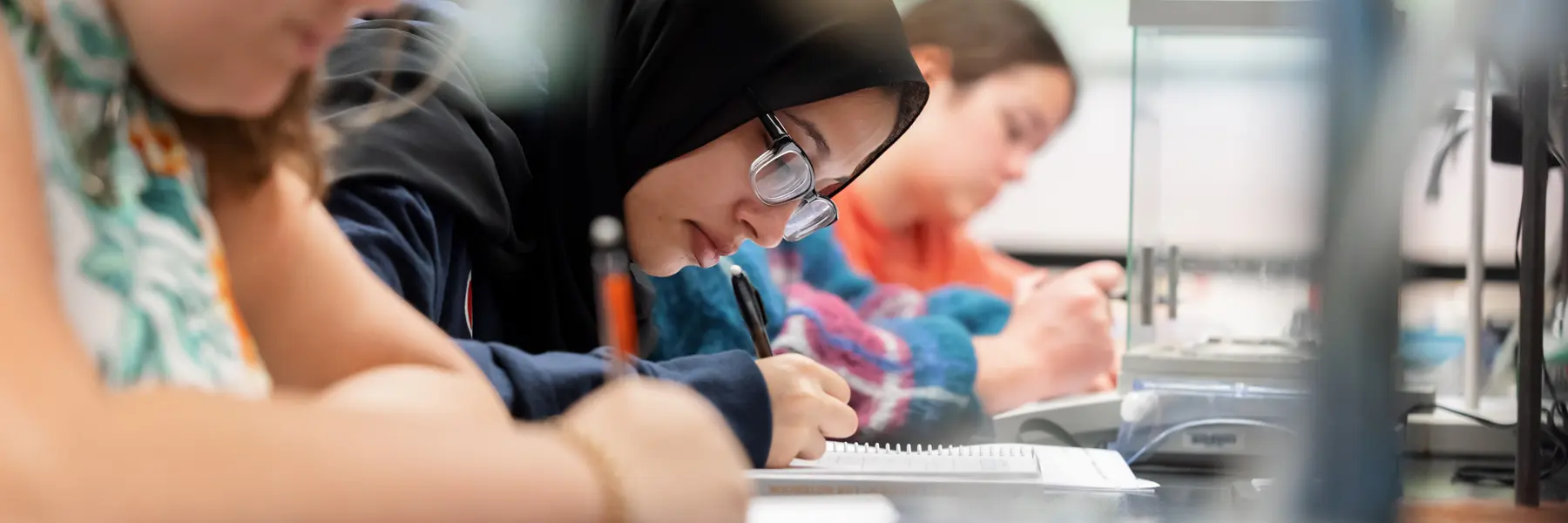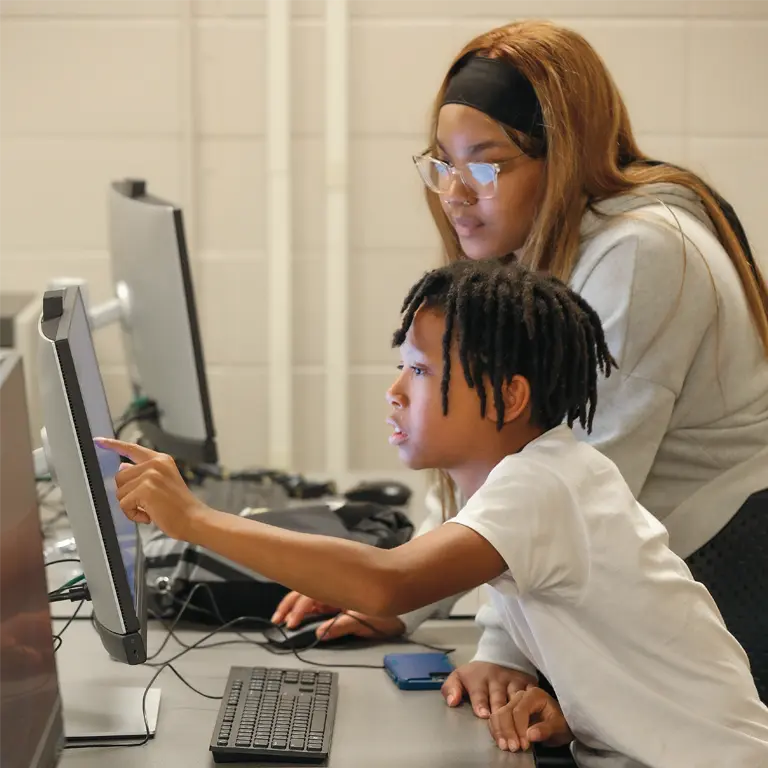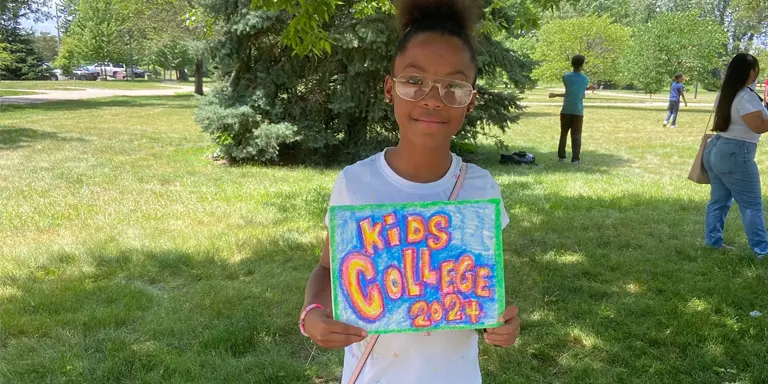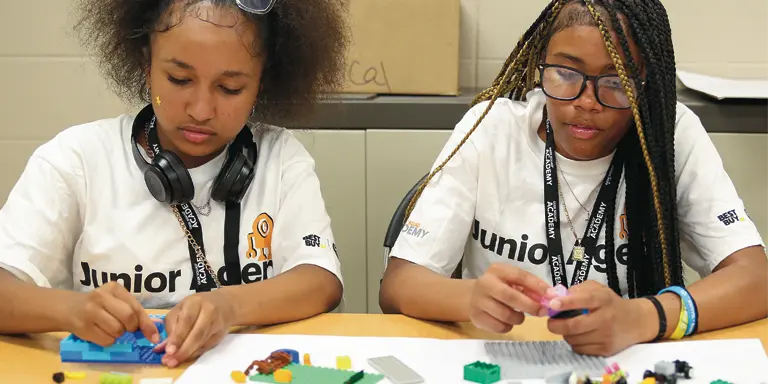Accelerating Academic Success: Advance College Project
IU’s Advance College Project (ACP) exemplifies our commitment to accessible, high-quality education. Offering IU undergraduate courses to high school students, ACP enables participants to earn college credits before graduation, setting them on a path to academic success and increasing the likelihood of timely degree completion.
With tuition waived for Indiana students, ACP removes financial barriers, making the path to college more attainable for all and reinforcing IU’s mission of providing fair access to educational opportunities.
A key to ACP’s success is its high academic standards for educators. High school instructors collaborate closely with IU faculty liaisons, ensuring rigorous coursework that mirrors university-level expectations. Instructors are required to hold a master’s degree in their subject or complete graduate-level coursework. Teachers pursuing a graduate degree have access to the ACP Dual Credit Pipeline, a state-funded initiative providing tuition assistance. This investment not only enhances instructional quality but also strengthens the program’s long-term sustainability.





